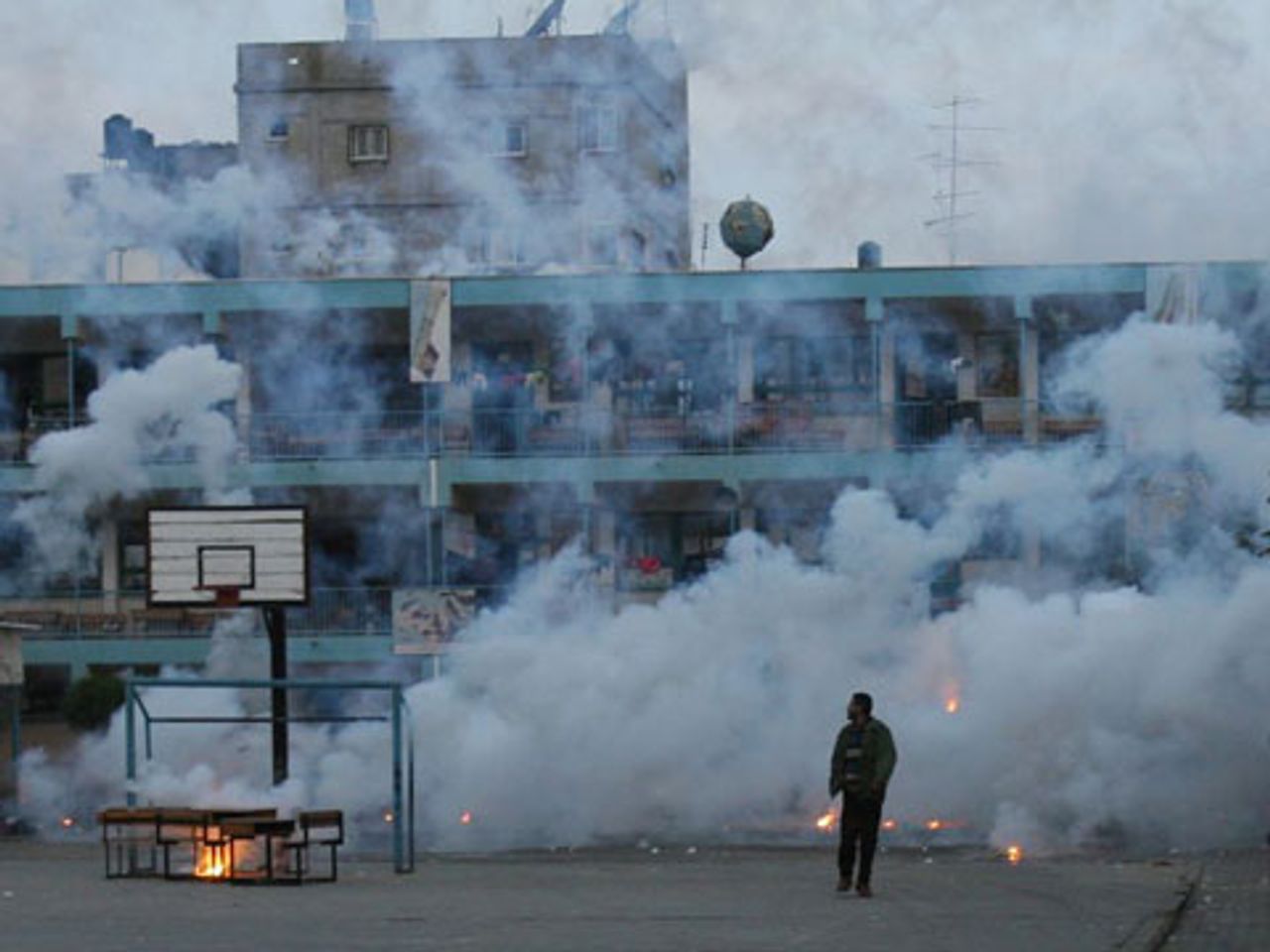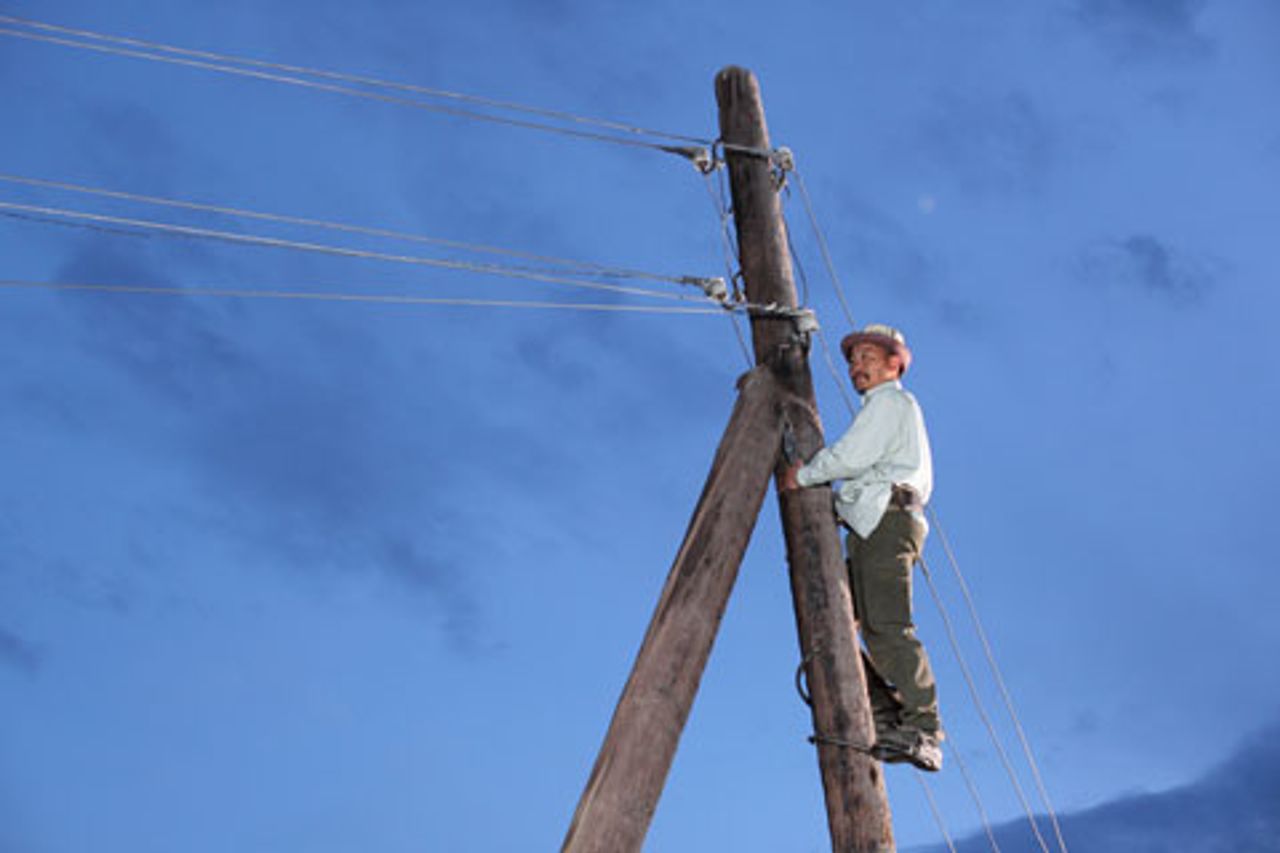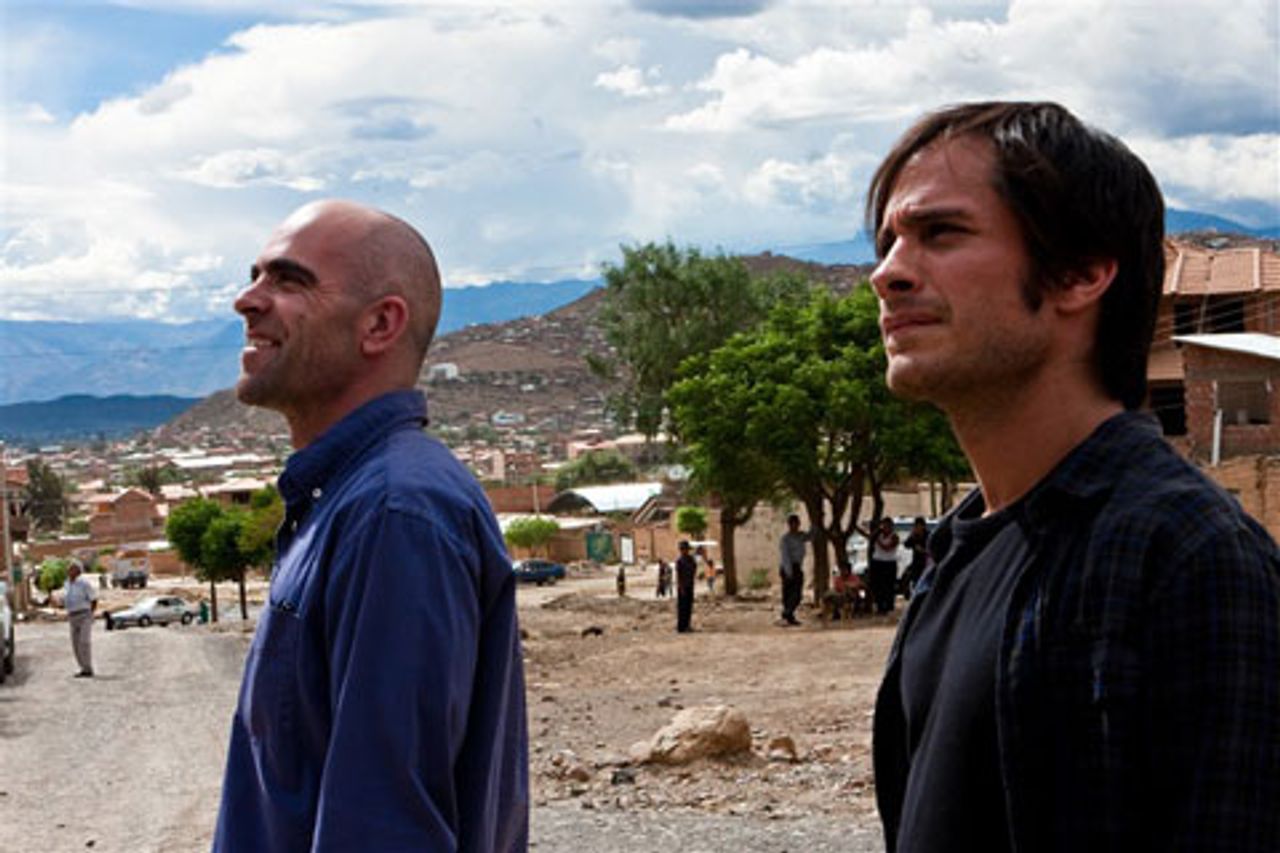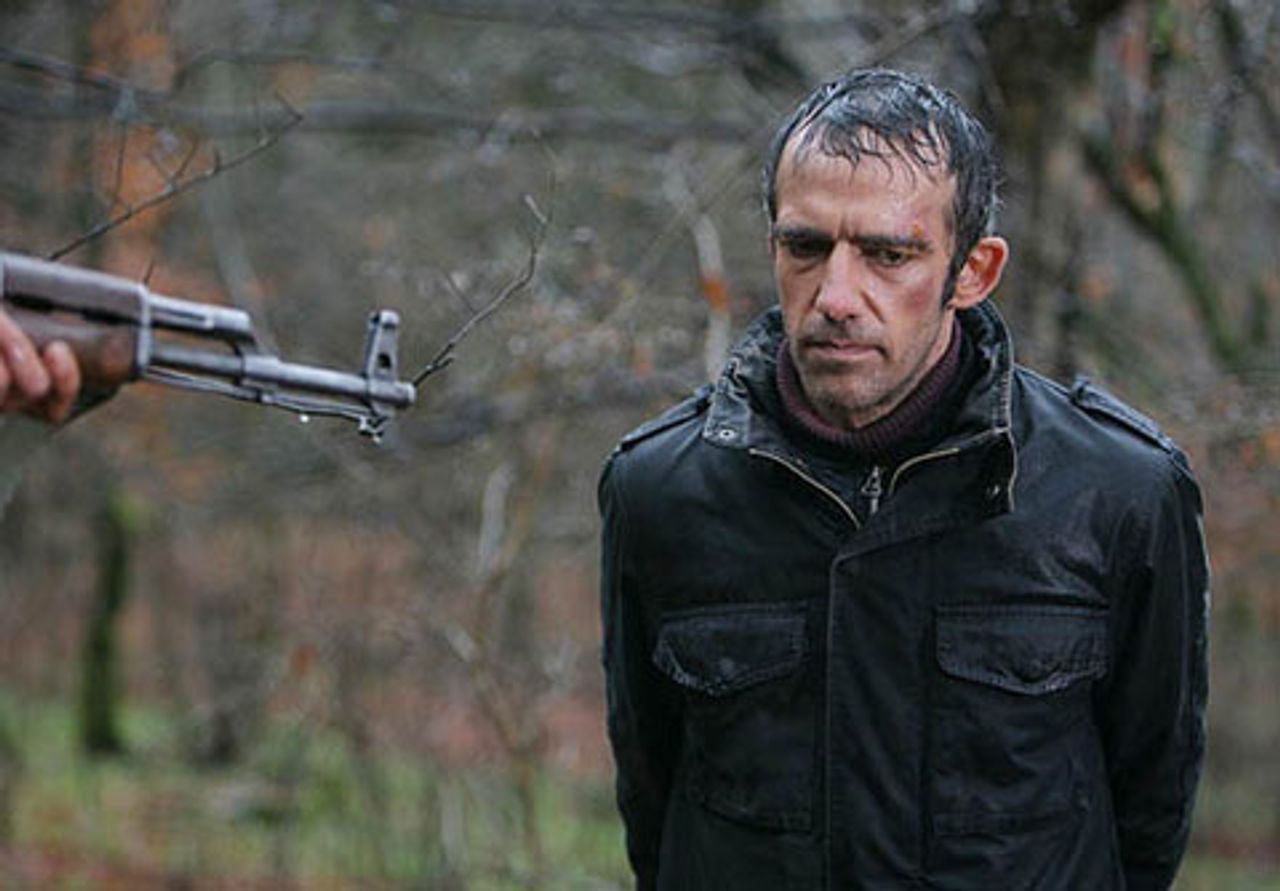This is the second of a series of articles devoted to the recent Toronto film festival (September 9-19). The first part was posted September 23.
“Her faults he dealt with not as characteristics to be condemned, but as evidences of suffering, the outcome of cruel conditions.” George Gissing, The Nether World
This year’s Toronto film festival screened some 340 films, from 59 countries. Productions from the US, France, Canada, Germany and the UK dominated the list, in quantity, if not always (or even generally) quality.
The better films concerned themselves with portraying the way people live at present, including the psychological consequences of humanity’s current difficulties. There were also many movies to be avoided.
The portion of the population that tends to make films, the intellectual or semi-intellectual middle class, is capable of concentrating on itself, or of thinking about more important matters, depending in large part on the social circumstances and ideological atmosphere. This grouping is capable of stupid and trivial work, and also meaningful and thoughtful effort.
The more serious film writers, directors, producers and performers see and feel the impact of certain things: the global financial crisis, the deteriorating conditions of life for tens of millions, the vast social fissures that have opened up everywhere, the general hypocrisy and hatefulness of those in power, the ongoing neo-colonial wars in the Middle East and Central Asia.…
These phenomena and their interconnections are not yet understood at a highly conscious level, nor is a political and social alternative grasped by a great many, but the development of the world is inevitably making itself felt. To absorb the truth of the world and express it in images, to find the most artistic means of coming to terms with life—this remains the “most difficult inner labor” for the filmmaker.
At the 2009 Toronto event, a number of filmmakers—with considerable international support—organized a protest against the decision by film festival officials to spotlight Tel Aviv, only months after the murderous attack on Gaza by the Israeli military. The social indifference and opportunism reflected in the choice of Tel Aviv have not gone away. The very success of the festival means that it becomes more and more enmeshed in the international entertainment and corporate apparatus, with all that implies, as the years pass. There will be further direct and obvious consequences.
At the same time, in so far as festival programmers select films honestly, some of the discontent and even horror felt by thinking artists at the state of things must find expression. And so it was this year.
 Tears of Gaza
Tears of GazaTears of Gaza, directed by Norwegian Vibeke Lokkeberg, movingly records the human devastation wrought by the Israeli assault on a defenseless population in December 2008-January 2009. The filmmakers make use of unimpeachable video footage shot by Gaza residents in the midst of the terror.
We spoke to Lokkeberg and producer Terje Kristiansen, her husband. The documentary ought to be shown widely; it reveals the “openly criminal character” of the imperialist powers, as their conduct increasingly recalls “the fascist atrocities of Guernica and the Warsaw Ghetto.”
Director Julian Schnabel and screenwriter Rula Jebreal are responsible for Miral, which examines the fate of the Palestinians through the experiences of a number of women, beginning in 1948. Schnabel, who is Jewish, has come under furious attack from pro-Israeli elements for the fiction film, which paints a harsh picture of Zionist oppression and violence. The work’s overall politics are cloudy and liberal-minded, but its emphasis on the historical wrong done the Palestinians is unflinching.
In an interview, Schnabel explained, “My film takes sides with all human beings. When you tell someone’s story, you have to take into account all the historical, political, social and religious realities that have made her into who she is. Miral is a Palestinian woman, she suffers as the Israeli military presence shatters both her existence and that of her people. I could not erase that reality once I had decided to tell her story.”
From Kyrgyzstan, an impoverished country with a significant film industry, there is The Light Thief, directed by Aktan Arym Kubat (who directed The Adopted Son under his Russian name, Aktan Abdykalykov). Perhaps the most satisfying fiction work in the festival, Kubat’s work follows “Svet-ake” (“Mr. Light”), played by the director, an electrician and inventor who restores power for the impoverished villagers. He brings other kinds of “light” to their lives as well.
 The Light Thief
The Light ThiefIn the effort to electrify his village, Svet-ake apparently finds an ally in businessman Bezkat, who is buying up all the available land in the area in concert with a group of Chinese investors. At one point, the mayor of the town denounces Bezkat as one of the “jackals” who have “pillaged the country,” reducing the population to “grinding poverty.” The figure of the mafia-tycoon in his black SUV, surrounded by bodyguard thugs, is rapidly, and understandably, becoming a fixture in films from the former Soviet Union and the other former Stalinist-ruled countries. In the end, Svet-ake and Bezkat become deadly antagonists. A remarkable work in many ways.
Even the Rain, directed by Spain’s Iciar Bollain, takes up a number of intriguing questions, including Bolivia’s “water wars” (the struggle against the privatization of water), the discovery and conquest of the “New World,” and the responsibility of artists at a moment of social crisis. A number of remarkable Spanish actors take part, including Luis Tosar, Gael García Bernal, and Karra Elejalde.
This admirably complicated film was written by Paul Laverty, a frequent collaborator with British director Ken Loach over the past decade and a half. We spoke to Laverty about Even the Rain, and later to Loach and Laverty together, in connection with their Iraq war film Route Irish, about the fate of British contractor-mercenaries.
 Even the Rain
Even the RainThe Housemaid, from Im Sang-soo, the South Korean filmmaker, is an extravagant and flamboyant work, but rich in social implications. A remake of a well-known 1960 Korean film, Im’s work treats the fate of a young woman, Eun-yi, from a difficult background, who goes to work as a maid for an enormously wealthy family. Seduced by her employer, a spoiled young man accustomed to getting his way in every regard, Eun-yi becomes pregnant, setting off a series of tragic consequences.
Mrs. Cho, the family’s longtime housekeeper, embodies the price one pays for submitting to the family, even if it means putting money in the bank. Bitter, angry, repressed, Mrs. Cho explains to Eun-yi that working for the family has turned her into “a cold stone.” She describes the household as “revolting, ugly, nauseating, and shameless.” A scathing picture—with overtones of R.W. Fassbinder and Claude Chabrol—of the selfish, cruel South Korean elite.…
Mike Leigh has directed a drama of everyday life, and the aging that goes along with it, in Another Year. The film is sensitive and amusing, and benefits greatly from performers such as Jim Broadbent and Lesley Manville, but one can’t help feeling that Leigh ought to have something more concrete and incisive to say about British life.
Austrian filmmaker Barbara Eder’s Inside America is set in Brownsville, Texas, on the US-Mexico border, where the director spent a year as a high school exchange student in 1994. The movie’s website explains, “Many of her [Eder’s] teenage friends are not alive anymore.” They died in violent crimes or succumbed to drugs.
The fiction film follows a number of Latino young people, some born in the US, some undocumented. Brownsville, like many US towns and cities, offers working class kids next to nothing: dead-end jobs in fast-food restaurants or the military. The movie is not flawless, but at its best it allows the bleak existence and its human toll to come through. It’s shameful that so few American filmmakers consider such a subject worthy of treatment.
 The Hunter
The HunterThe Hunter from Iran, directed by Rafi Pitts (The Fifth Season, It’s Winter), is an angry, disturbing film, although the target of its anger is not entirely clear. The central character (played by Pitts) is a man, just out of prison, whose wife and child are killed, apparently at the hands of the authorities. He goes off the edge, taking violent action. We interviewed the filmmaker in Toronto, who had numerous interesting things to say.
Tony Goldwyn’s Conviction is a compelling account of the effort to free an innocent man sentenced to life imprisonment for a brutal murder. The film is based on the story of Betty Anne Waters (played by Hilary Swank), an unemployed single mother in Massachusetts who spent a decade going through law school so that she could represent her brother in court.
Essential Killing, from veteran Polish-born filmmaker Jerzy Skolimowski, dramatizes the fate of an apparent Afghan insurgent, captured by American forces and shipped off to a “black site” in eastern Europe. He eventually escapes from his persecutors and much of the film is spent on his desperate flight in a frozen landscape, but the most evocative and chilling portion of the film occurs in its first third. Here, Skolimowski recreates in terrifying detail the interrogation, torture and savage treatment of Afghan and Iraqi detainees at the hands of the US military.
In Outbound, from Romanian director Bogdan George Apetri, Matilda, on 24-hour leave from prison to attend her mother’s funeral, makes a frantic attempt to arrange a way out of the country for her and her estranged son. Much of the detail of everyday life in Bucharest rings true, including, again, the portrait of members of the criminal class that has emerged in the new Romanian “democracy.”
Cirkus Columbia, directed by Danis Tanovic (No Man’s Land, Triage), born in Bosnia and Herzegovina, despite an implausible and contrived ending, delivers some convincing blows to communalism and chauvinism in the Balkans, in this story set just prior to the bloody civil war.
Fiction films also worth singling out included Outside the Law (Rachid Bouchareb), about three Algerian brothers during the independence struggle against France, and Autumn (Aamir Bashir), on the bitter war in Kashmir.
Directed by Linda Hoaglund, ANPO (acronym for US-Japan Mutual Security Treaty) is a fascinating look at the mass protests that erupted in Japan in 1960 over the extension of the treaty imposed on a defeated Japan nine years earlier. The documentary examines the protest movement, the ongoing US military presence on Japanese soil (90 American bases remain!), and the remarkable paintings and photographs generated by the 1960 movement.
Among the other documentaries of note were Inside Job (Charles Ferguson, No End in Sight), about the global financial meltdown, and The Pipe (Risteard Ó Domhnaill), which recounts the struggle against a proposed pipeline in a western Irish town.
All in all, a good deal of interesting material.
In subsequent articles, we will concentrate on some of these films, directors and writers.
To be continued
